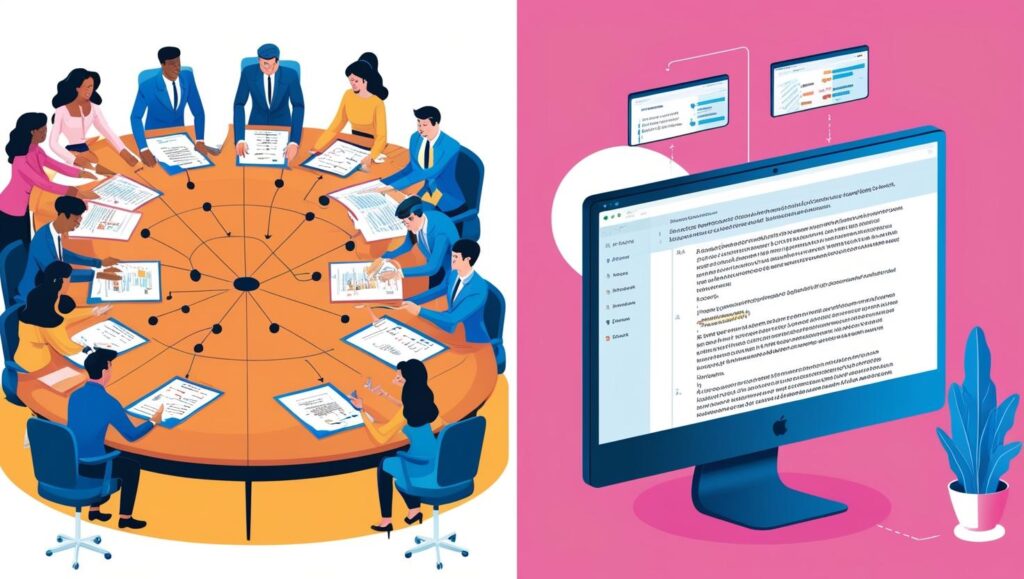In today’s interconnected world, translation agencies serve as vital bridges between cultures and businesses. First and foremost, they facilitate seamless international communication through comprehensive language services. Not only do they offer written and oral translations, but they also provide specialized and certified translation solutions. As a result, companies can successfully expand into global markets while fostering stronger partnerships across borders.

Understanding Translation Agencies
To begin with, professional translation agencies specialize in converting texts between languages while maintaining accuracy and quality. Their primary services include:
- Oral translations: Specifically, real-time interpretation for conferences, business negotiations, and legal proceedings
- Written translations: Including books, websites, articles, and corporate documentation
- Proofreading services: Which ensure linguistic precision and clarity in all translated materials
- Certified translations: Particularly for legal documents requiring official validation
- Specialized translations: Covering technical fields such as medicine, law, finance, and engineering
By choosing a professional agency, clients benefit from industry-specific expertise. Moreover, these agencies implement rigorous quality control processes to eliminate errors. Additionally, they utilize advanced CAT (computer-assisted translation) tools to guarantee consistency, especially in complex technical documents.
The Growing Importance of Translation Agencies Services
Translation agencies support numerous sectors that drive global development:
- Business and trade: Through translated contracts, marketing campaigns, and international correspondence
- Science and education: By enabling worldwide knowledge sharing via research translations
- Legal and governmental affairs: Via accurate interpretation of laws and official documents
- Media and entertainment: Through localization of films, literature, and digital content
Despite technological advances, human translators remain indispensable. While AI tools continue evolving, they still struggle with cultural nuances and specialized terminology. Consequently, professional agencies maintain their crucial role in adapting content for diverse audiences.
Current Challenges and Emerging Trends
The translation industry faces several key challenges:
On one hand, agencies must uphold stringent quality standards while handling sensitive data securely. On the other hand, they must adapt to rapidly changing market demands. Looking ahead, several trends are shaping the industry’s future:
- AI integration: Rather than replacing human translators, AI will enhance their productivity and reduce costs
- Customized solutions: Agencies will develop increasingly personalized services for niche markets
- Sector specialization: Particularly in high-demand fields like healthcare, engineering, and international law
- Continuous learning: Translators will require ongoing training to master new technologies and industry developments
Conclusion
In conclusion, translation agencies have become indispensable partners for global enterprises and institutions. Not only do they enable clear cross-cultural communication, but they also help build lasting international relationships. As the demand for precise translations grows, agencies must strategically combine technological innovation with human expertise. Ultimately, their role in facilitating global commerce and cultural exchange will only expand, cementing their position as pillars of the modern globalized economy.




